“As we look back on the last five years or so, we continue to believe that the benefits of being in the office together are significant. “With those words, CEO Andy Jassy told his 1.5 million colleagues at Amazon that by 2025, they must work in the office five days a week again.
“To address the problem of being better aligned to create, partner and be connected enough with each other, and with the culture of delivering the best for customers and the business, we decided to go back to the office as it was before COVID started,” he commented.
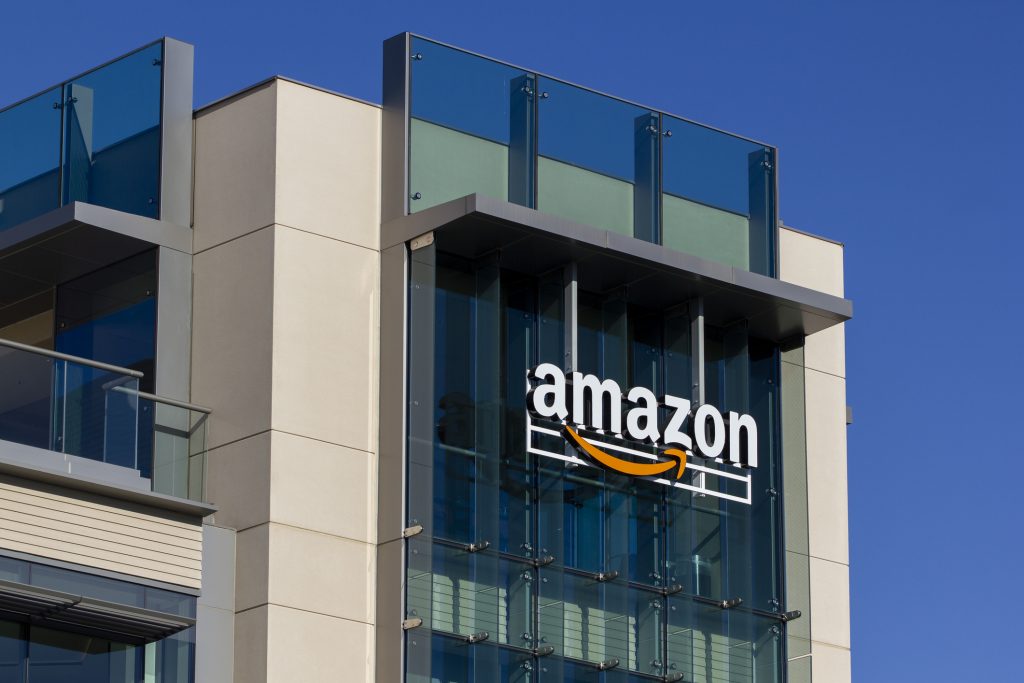
A few days after his announcement, a poll of the company’s 2,500-plus employees showed that 73% were ready to leave because of the mandatory return to work. In addition, most of them said they knew a colleague who was already looking for a new job.
However, Amazon is not the only tech company whose leader stood by the view that returning to the office would be good for business and teamwork. There are a number of other familiar names on the list.
All-in-office
Twitter/X
Back in late 2022, the social network’s owner, Elon Musk, ordered employees to stop telecommuting and added that their absence would be tantamount to quitting. “If people don’t come back to the office when they can, they can’t stay with the company. Period.” There were similar warnings for SpaceX and Tesla employees.
The entrepreneur then announced that everyone was expected to spend 40 hours a week in the office unless they gave a good reason for being gone. “The road ahead is difficult and will require hard work to succeed,” Musk said earlier.
Dell Technologies
Starting in early October, everyone on the company’s global sales team who is able must work from the office five days a week. “Remote working should be the exception rather than the routine,” it said in a message to employees distributed by Reuters.
Until now, the team has been in a hybrid mode of working and has had to spend at least three days in the office each week. In the coming months, changes in conditions are also expected for people in the department who have given a reason for not being able to be in the office and will continue to work remotely.
Salesforce
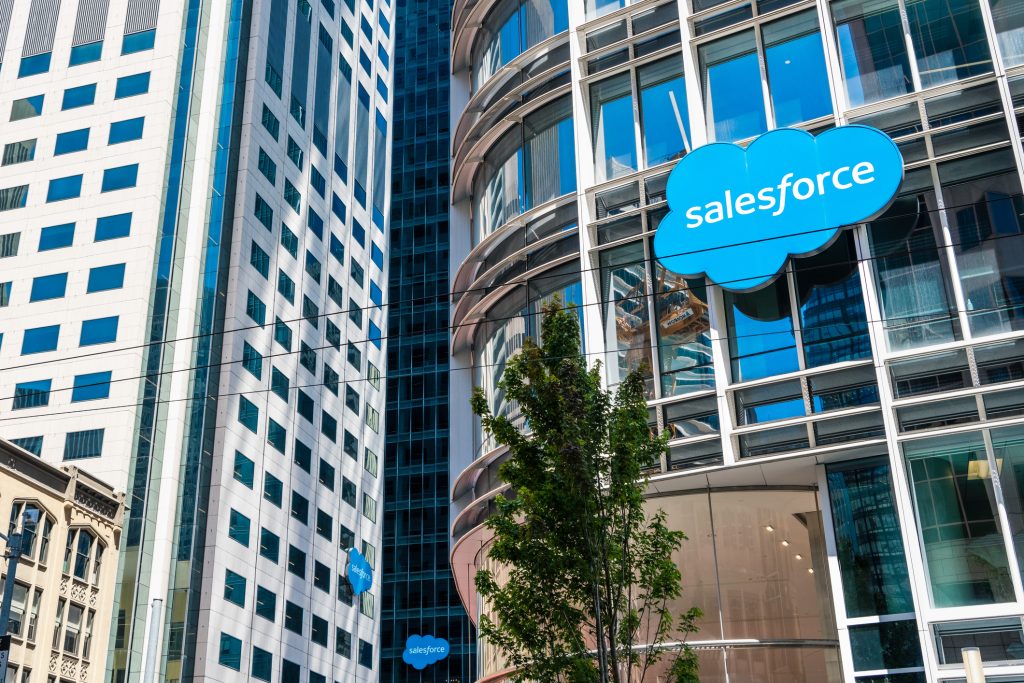
As of October 1, some employees are required to go to the office five days a week. This includes people in the sales department as well as data center engineers. For others, such as employees in the marketing, legal and product departments, the rule of at least three days in the office applies.
At Salesforce, there is a third option for some teams – to show up to work at least 10 days every quarter.
Four days in the office
Snap
Since last year, at least four days in the office per week are also spent at Snap. The tech company introduced an 80/20 hybrid model, which effectively means they can work remotely once a week. And this has caused discontent among staff. Some people have turned to looking for new jobs.
According to Business Insider’s sources, Snap has decided to track via a WiFi connection whether employees are compliant and attending their workplace.
Explore more
Three days in the office
Apple
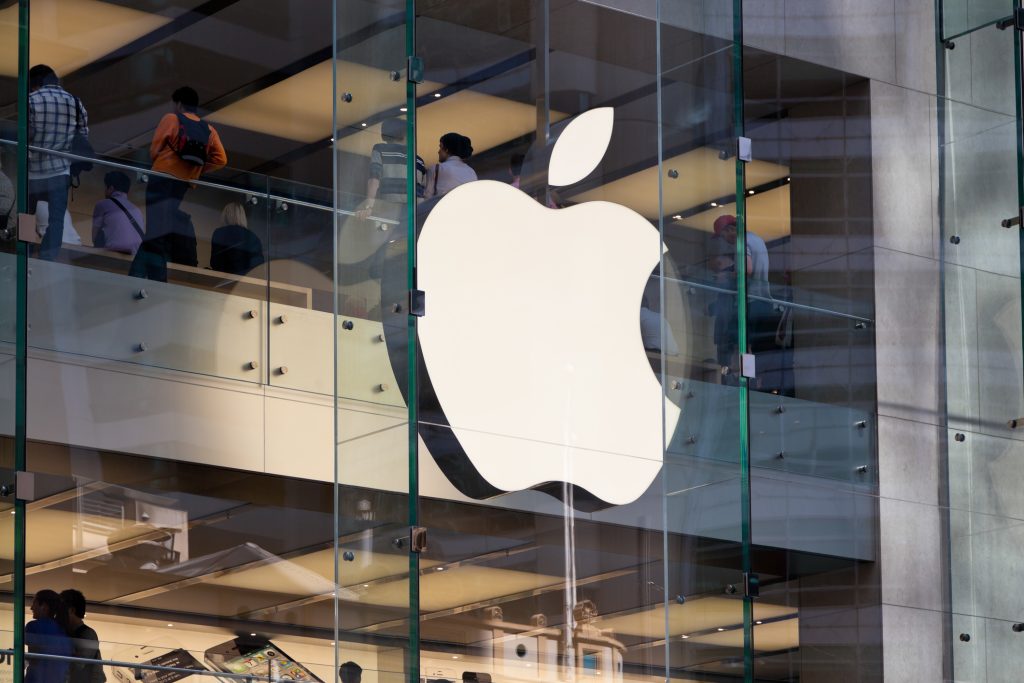
One of the companies with the largest market capitalization in the world announced a hybrid work mode back in the summer of 2022, with employees required to spend at least three working days on site. Two of them are Tuesdays and Thursdays, and the third varies for different teams.
According to CEO, Tim Cook, this will bring back the personal teamwork that is “important to the culture” of the company.
In 2022, employees at the company’s several U.S. locations began working from the office three days a week, and the hybrid arrangement became stricter last year when Google warned it would take office visits into account when forming individual performance reviews.
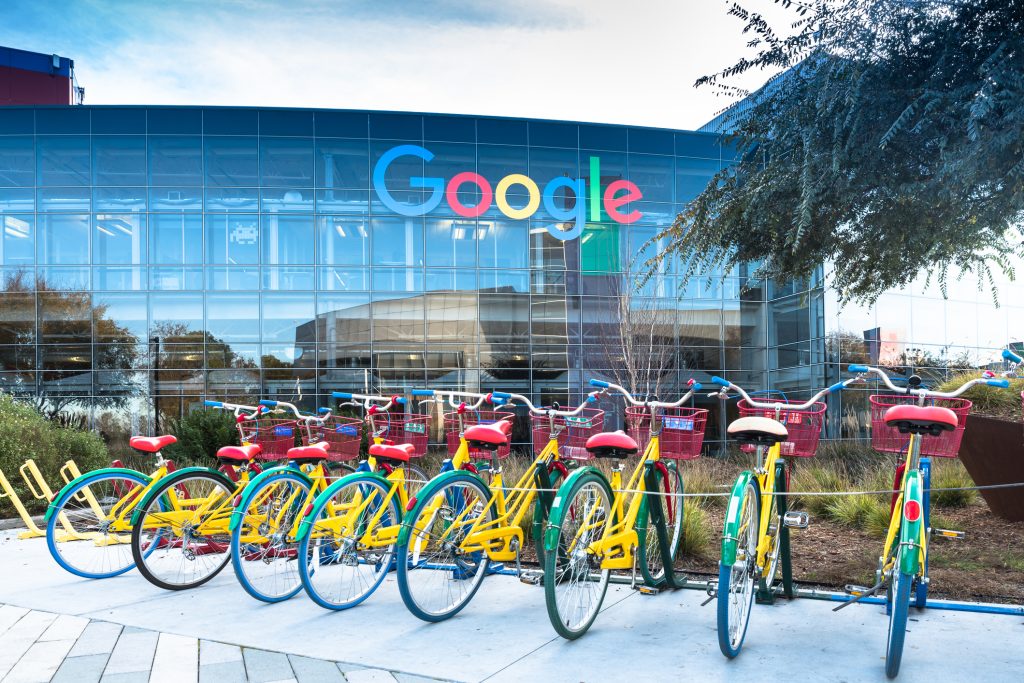
In addition, team managers must send reminders to those who are “persistently absent”. Full remote working is now only allowed on an exceptional basis.
Meta
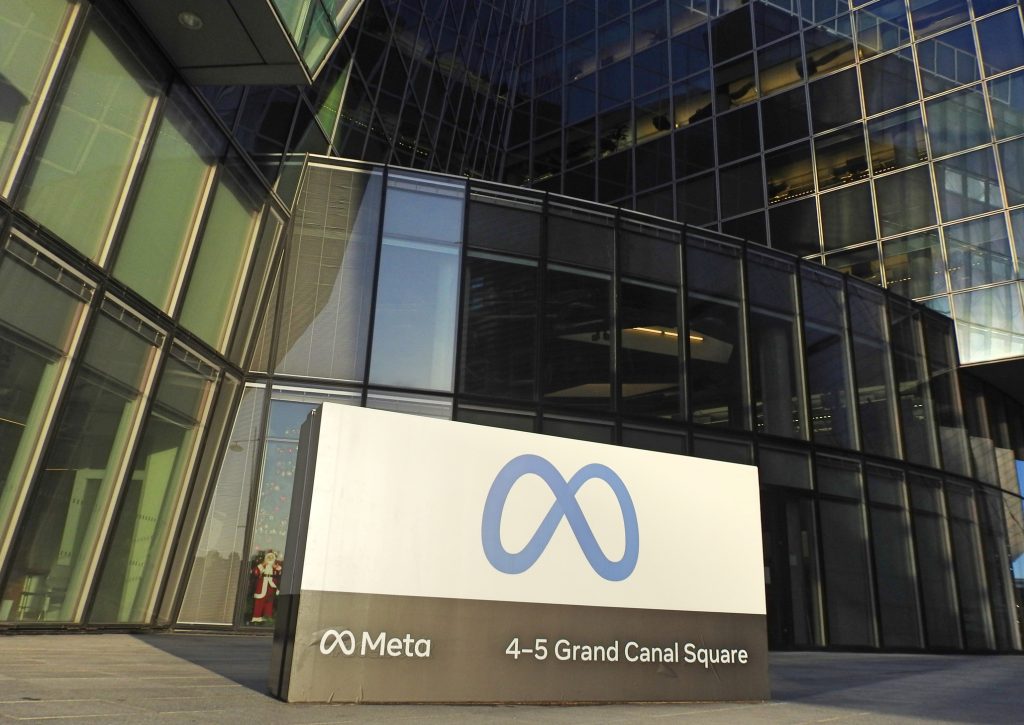
Things are no different at the parent company of Facebook and Instagram. For nearly a year, the measure of at least three days of work in the office has been in place. In 2023, U.S. media quoted a Meta representative as saying that physical presence “supports the collaboration and energy that comes from working with a team, which are critical to building for the future.”
Earlier, the founder and CEO, Mark Zuckerberg, commented that according to internal analysis, engineers who are early in their careers and visit the office perform better when they work with colleagues together physically for at least three days a week.
And how important a perk is home office in our country and how many IT companies offer such an option? Read here.
Is there really the potential for a complete return back to the office? The numbers speak
Companies outside of the IT industry, such as Barclays, Citigroup, Goldman Sachs and JPMorgan, have also announced policies for some of their teams to return to the office entirely.
However, new research from PwC is not on their side. Over the course of 13 months, the consultancy spoke to a total of nearly 20 thousand managers and HR professionals, and their conclusion was that hybrid mode helps people feel more productive compared to working in an office five days a week. “The idea that you have to be on-site all day every day to build and maintain a strong culture is a myth,” the Workforce Radar report says.
On the other hand, however, it notes that 87% of employees consider the office important for working with colleagues and building relationships with them. That’s why employees with a hybrid mode have “the highest levels of satisfaction.” 76 per cent of them show an affiliation with the company compared to 68 per cent for people who work entirely remotely.
The new generation of employees is already here

Those born in the 80s and 90s who are now in the workforce have more mixed feelings about working in an office. In its report on the behaviour of GenZ and millennials, Deloitte noted that 64% and 66%, respectively, work in organisations that have recently implemented back-to-office policies in whole or in part.
Some respondents say they feel more engaged and connected to their company and colleagues after this change. On the other hand, 13 percent of GenZ and 11 percent of millennials have started looking for a new job.

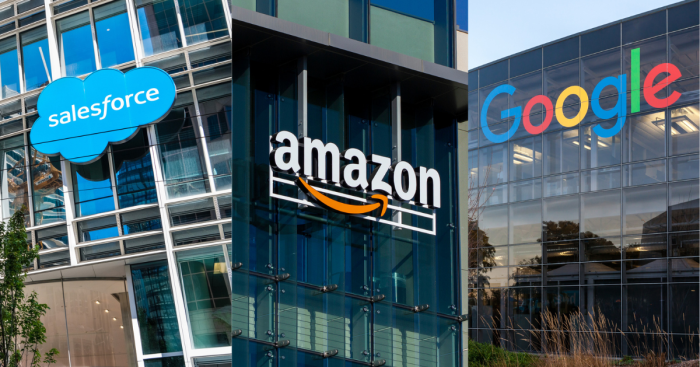
 Publish date: 3 October, 2024
Publish date: 3 October, 2024




